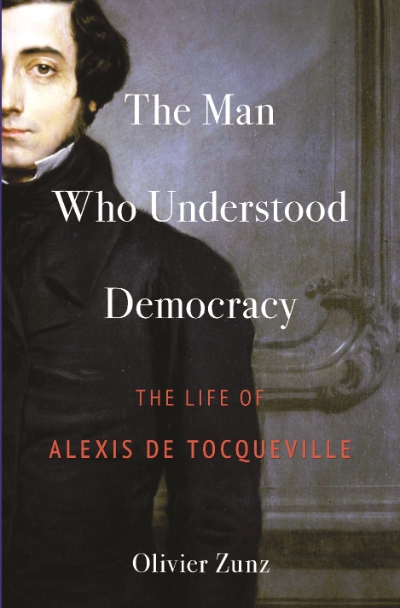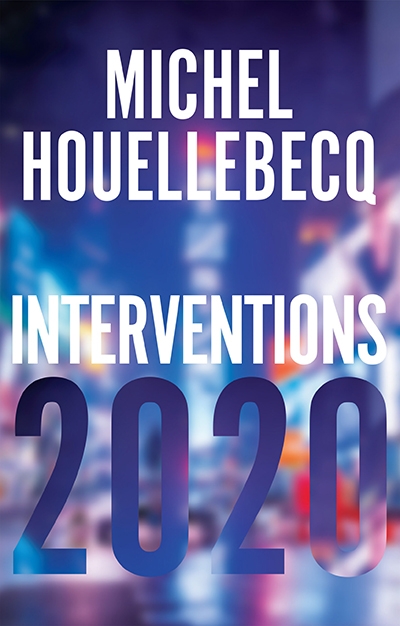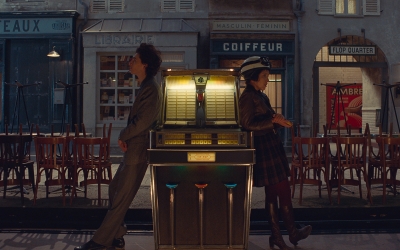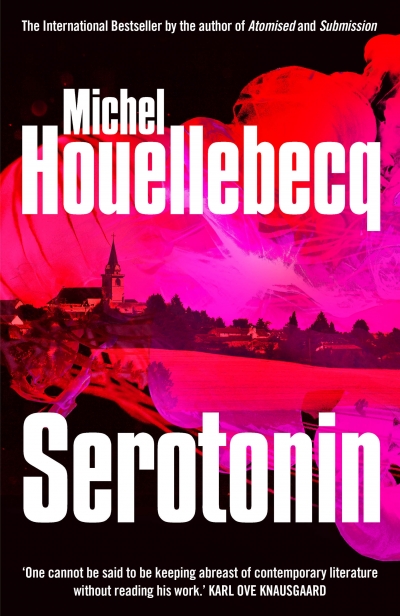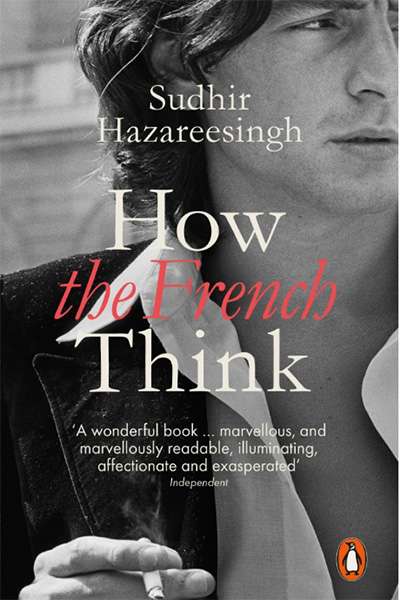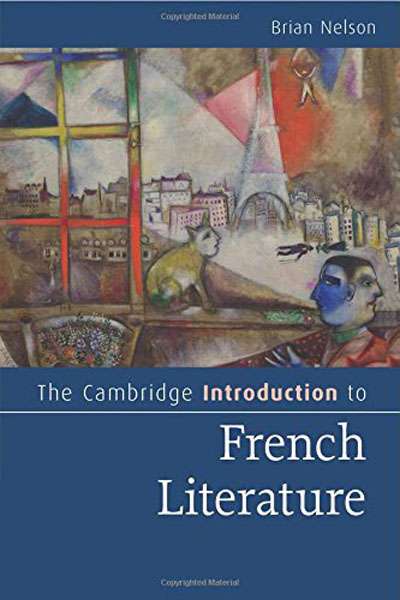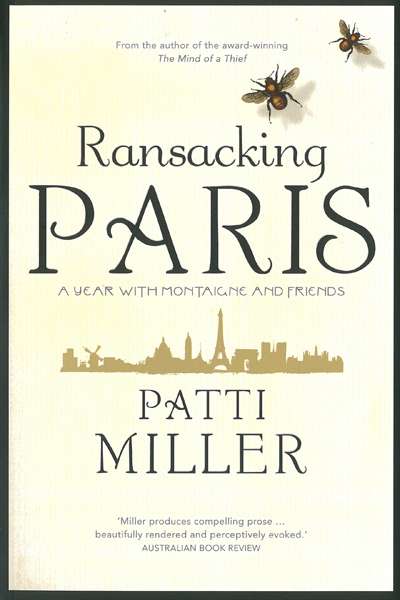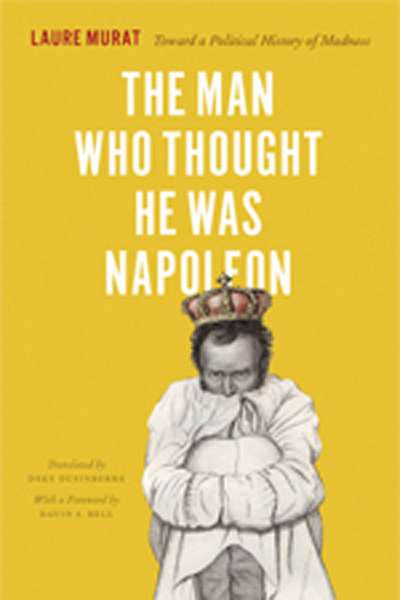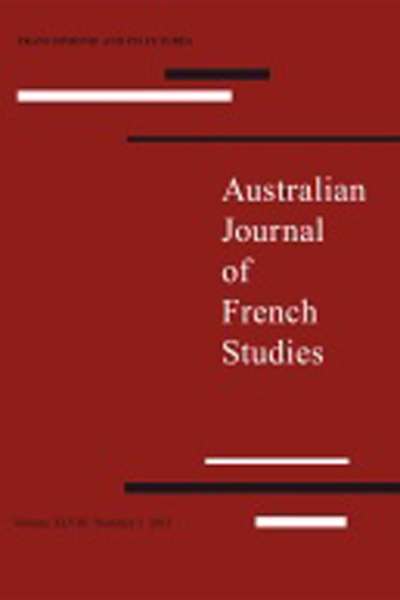French Studies
The Man Who Understood Democracy: The life of Alexis de Tocqueville by Olivier Zunz
Interventions 2020 by Michel Houellebecq, translated by Andrew Brown
Devotees of Wes Anderson know what to expect, and they certainly get it in spades in The French Dispatch. Those who sensed that the American director lost his way with The Grand Budapest Hotel (2014), may feel he has strayed even further from the simplicity of the works that made him famous, such as the understated Bottle Rocket (1996), the quirky and endearing Rushmore (1998), and that masterpiece of whimsy, The Royal Tenenbaums (2001). The Grand Budapest Hotel, Anderson’s homage to Stefan Zweig set in a European alpine resort, has much in common with his latest film; an episodic, phantasmagorical, excessive, and, at times, indulgent work. It met with mixed reviews and was described as ‘kitschy’ and ‘curiously weightless’, epithets which might apply equally to his The French Dispatch, largely for its overlong zany scenes which appear arbitrary in relation to the action.
... (read more)
